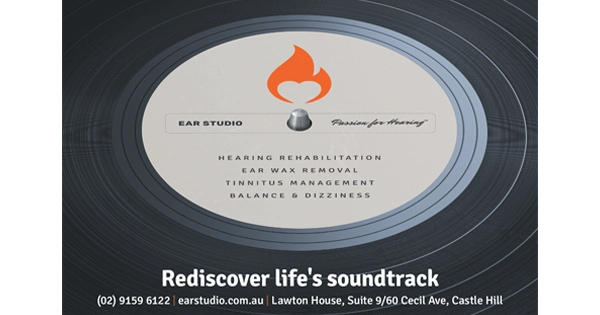What is Tinnitus Ringing?
Tinnitus Ringing derives from the Latin word tinnire meaning “ringing.” The most common sounds described are either hissing, humming, buzzing, clicking, whooshing, or a roaring in the ears.
Sound can be heard in one or both ears and can vary in level of sound from faint or loud. Tinnitus Ringing may come and go or can be continuous. Some people can experience pain in the ear or dizziness. Tinnitus is a relatively common condition.
Its effects can be mild with little impact to daily life and irritating, through to constant and debilitating tinnitus that negatively impacts basic day to day tasks potentially causing distress and anxiety.
Some people experience constant tinnitus that can interfere with hearing and concentration while others may experience short, random bursts with little side effects. Either way, everyone experiences tinnitus Ringing in a different way and therefore it should be treated specific to the individual.
Tinnitus Facts
• 1 in 3 people in Australia live with tinnitus
• 1 in 6 people experience it constantly
• Both adults and children can experience tinnitus
• Older adults are more likely to experience tinnitus because of age-related hearing loss
 What causes Tinnitus Ringing?
What causes Tinnitus Ringing?
Tinnitus can occur when there is a problem with the auditory (or hearing) system, which is made up of the ears and parts of the brain. It is more common in people who have some hearing loss or other ear problem, but it can also occur in people who have normal hearing. Both children and adults can experience tinnitus. As we mature and age you may find your tinnitus increasing.
Tinnitus can become louder in the quiet of night for some people, bringing with it a restless night’s sleep. Lack of sleep can lead to fatigue and irritability. For some people, tinnitus has had an impact on their relationships with family and friends, as well as their own physical and emotional wellbeing. Stress can cause tinnitus and increased stress can intensify tinnitus. Ear wax, some medications, ear infections, head trauma, and prolonged exposure to loud music can also cause tinnitus.
Are there solutions?
Unfortunately, many people are told that there is no cure and that nothing can be done. That they have to – ‘live with it.’ However, this is not completely true. Often there are options that can help reduce the negative impact of tinnitus and offer relief. These solutions and treatments can be varied, from having your ears cleaned of excessive ear wax, to counselling such as tinnitus Ringing retaining therapy and cognitive behaviour therapy, noise suppression such as white noise or masking devices, and hearing aids.
SOME HELPFUL TIPS
• USE EARING PROTECTION. Over time, exposure to loud sounds can damage the nerves in the ears, causing hearing loss and tinnitus. If you use chain saws, are a musician, work in an industry that uses loud machinery, always wear appropriate hearing protection.
• TURN DOWN THE VOLUME. Listening to music or the television at a high volume through your headphones can contribute to hearing loss and tinnitus.
• USE WHITE NOISE. If tinnitus is especially noticeable in quiet listening environments, try listening to white noise to mask the noise from tinnitus. The are some apps now available on your smartphone. Alternatively, the noise of a fan, soft music or low-volume radio static can also be helpful.
• LIMIT ALCOHOL, CAFFEINE AND NICOTINE. When consumed in excess these can affect blood flow and contribute to tinnitus.
If you are experiencing tinnitus, or have questions about your hearing health, arrange an appointment today with Ear Studio, your local Audiology Competency Centre. To book, phone (02) 9159 6122 or Email: [email protected]. au or visit www.earstudio.com.au. Ear Studio is located at Suite 9/60 Cecil Avenue, Lawton House in Castle Hill. TRADING HOURS: Monday to Friday 9am to 6pm, Saturday by appointment only. “Proudly independent and locally owned.”

 What causes Tinnitus Ringing?
What causes Tinnitus Ringing?









